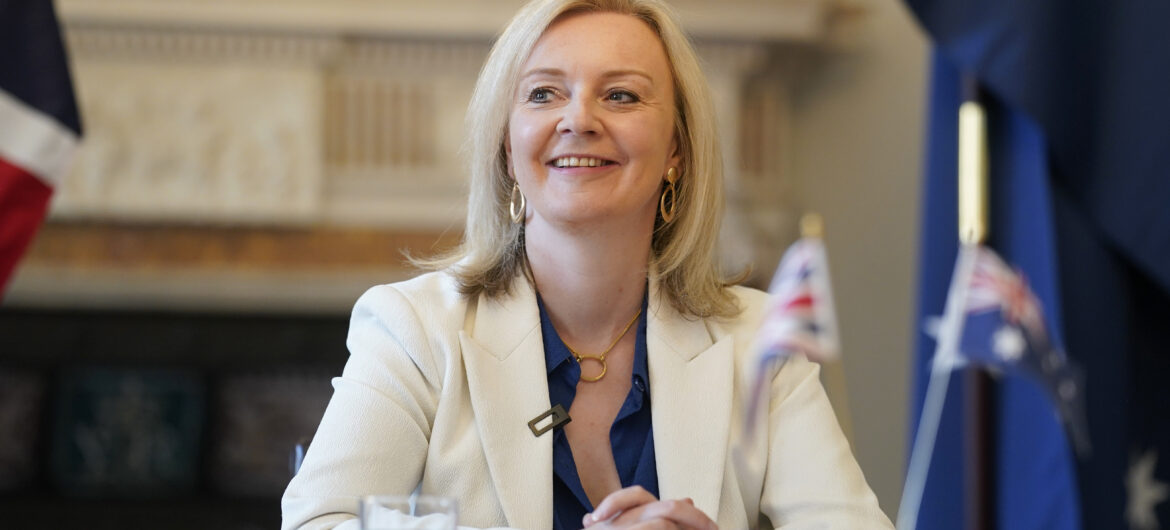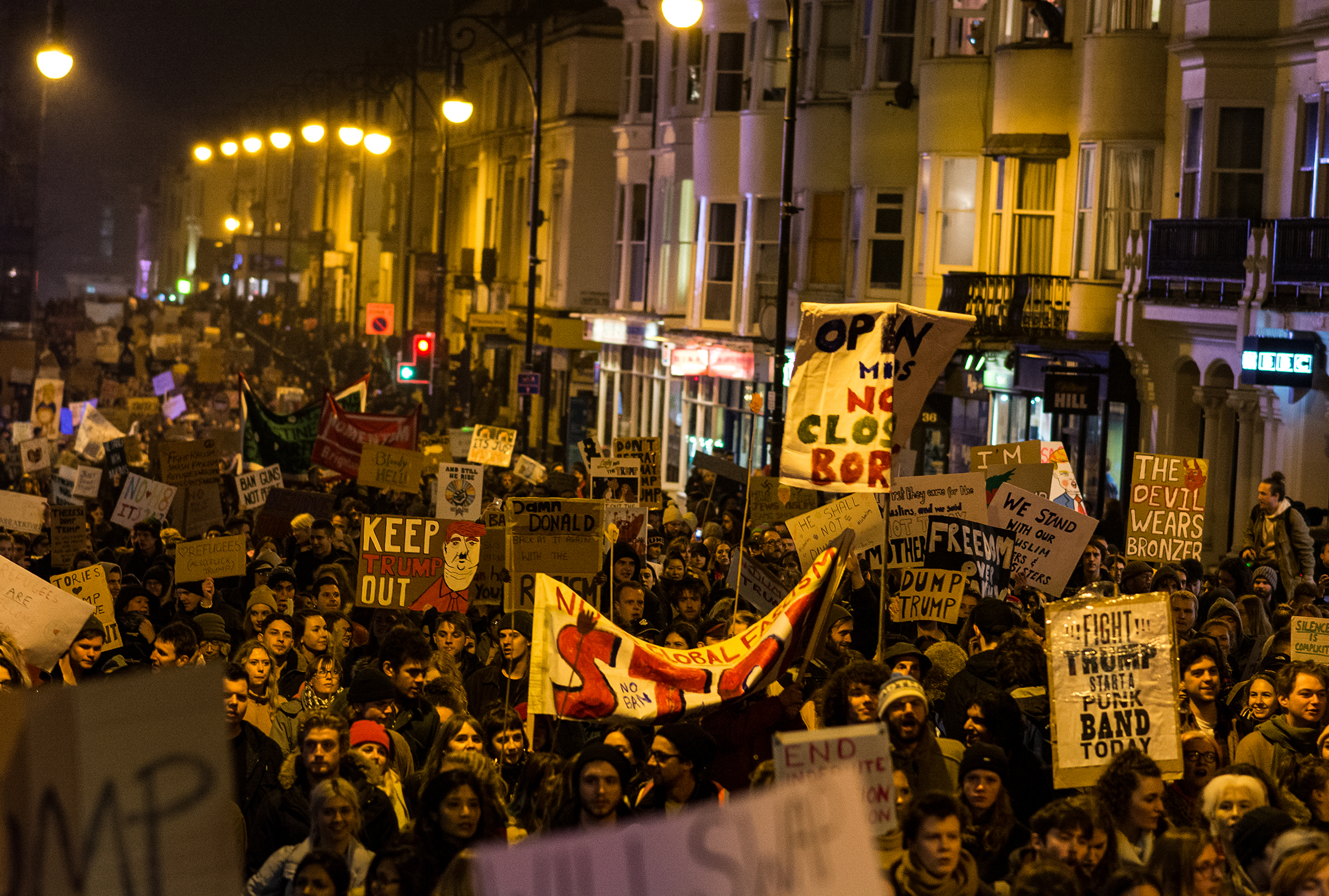Liz Truss resigned as Prime Minister on October 20, bringing an end to a brief but tumultuous era. Truss’ reign, which oversaw two monarchies, record low approval ratings and the weakest value of the pound ever, has become the shortest serving premiership in British history.
Truss became the Conservative Party’s third leader in three years in September, and stepped down after just 50 days.
Ascending to the role after the crisis which brought Boris Johnson down, Truss gained the confidence of the Conservative electorate in the July-September hustings. Running on a platform of pro-business and pro-growth, Truss saw off competition from Rishi Sunak, though the former Chancellor of the Exchequer would eventually succeed Truss after a vote amongst Conservative MPs.
After assuming the role Truss was immediately dealt the blow of the Queen’s death, bringing the end of the reign of Britain’s longest serving monarch under the government of its shortest serving PM.
In a premiership characterised by u-turns and indecision, Truss never offered a convincing plan to deal with the issues plaguing post-pandemic Britain. Public unrest due to a cost of living crisis married with corporations recording record profits was a difficult backdrop for the Conservative Prime Minister, though Truss’ platform managed to satisfy neither the public nor the financial markets.
Then-Chancellor of the Exchequer Kwasi Kwarteng’s ‘mini-budget’, put forth on the 23rd September to outline Truss’ economic plan, was very poorly received. Truss’ policies inflicted damage on the poorest members of society, as well as the British economy. In a climate where energy prices have more than doubled since last year, and one in four British adults are at risk of or currently facing financial difficulties, ‘Trussonomics’ did nothing to relieve pressure.
Truss immediately was faced with a cost of living crisis. Caused in part by the war in Ukraine raising energy prices, the supply chain still being impacted by Covid, and domestic inflation at its highest level in 40 years, many looked to Truss to provide relief to those most affected. Low-income people are most likely to face the burden of rising prices of essentials such as food and energy.
Also termed ‘The Growth Plan’, Truss and Kwarteng’s effort to boost the economy came in the form of the UK’s biggest tax cut in 50 years. Alongside a freeze on energy bills – the platform’s chief attempt at helping the poor – came the abolition of the highest 45% tax bracket, the scrapping of a planned increase in corporation tax, and a reduction in National Insurance tax which would have earned the country £76bn.
Truss’ economic budget is backed strongly by conservative ideology, notably that of ex-PM Margaret Thatcher. A personal idol of Truss, both ministers’ platforms are similar in that they advocate for low tax rates and less government intervention in the markets.
The idea that cutting taxes on the super-wealthy and corporations will lead to economic growth has been termed ‘trickle-down economics’. So called because wealth created by the rich is supposed to trickle down to the poor, economists have debated its effectiveness since its implementation in the UK by Thatcher, and in the US by former President Ronald Reagan.
The economic effect of what one scholar called ‘Reaganomics without the world’s reserve currency’, referring to the natural instability of the pound, was the pound nosediving to its lowest value against the dollar of all time.
The yield on government bonds, or gilts, rose sharply in the days after Kwarteng’s announcement. The Bank of England was forced to buy bonds off of investors to stabilise their spiralling price, contradicting their current policy of raising interest rates through selling bonds.
A mass sell-off of British-based assets indicates that even the generally ruthless financial markets believe trickle-down economics simply does not work as a solution to an energy and cost of living crisis.
Truss’ historically unpopular low tax economic platform – the one she was elected upon – fell apart with the sacking of Kwarteng. His replacement Jeremy Hunt undid almost all policies, and became in the eyes of one Tory MP de facto Prime Minister at the time. Hunt will remain in his role under the new Prime Minister Rishi Sunak.
It took a further series of controversies in her final few days to bring Truss down, beginning with the resignation of Home Secretary Suella Braverman. Her departure was officially credited to a breach of the ministerial code, as she shared sensitive government documents through unofficial channels. Braverman was reappointed Home Secretary by Sunak just six days after stepping down from the role, prompting questions as to whether her initial resignation was due to a clash with the former Prime Minister.
A parliamentary vote on fracking became another dispute as Conservative MPs were ordered by the party to treat it as a motion of confidence in Truss’ leadership. Confusion amongst MPs led to individuals being manhandled into voting booths, and the resignation of the party’s Chief Whip, who then un-resigned later that evening.
Truss stepped down the morning after the ordeal. Acknowledging that she ‘could not deliver’ the mandate on which she was elected – referring to ‘Trussonomics’ and the public’s response – Truss was succeeded by Rishi Sunak on October 25.
One survey from Politico puts Labour 32 points above the Conservatives in the polls, signalling a landslide victory for the current opposition if a General Election was held today. This would grant the Labour Party their biggest majority government ever.
Labour leader Sir Keir Starmer has led calls for a snap General Election, stressing the importance of letting working people decide. Starmer highlights the fact that new PM Sunak ran unopposed from his party, and that when faced with a competitive vote he lost out to Truss who was in turn ‘beaten by a lettuce.’
The current stance of the government is that a General Election will not be held. Sunak’s debt-cutting economic plan will be delivered on November 17, with the hope that it will be received better than that of his predecessor.





